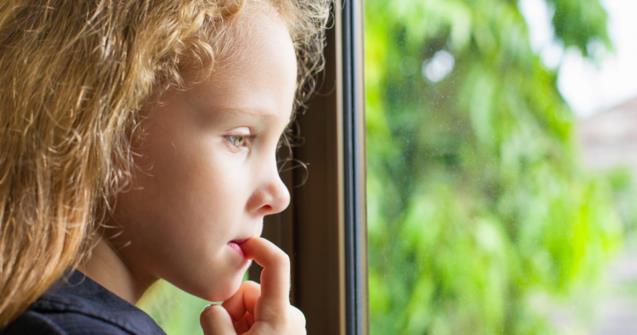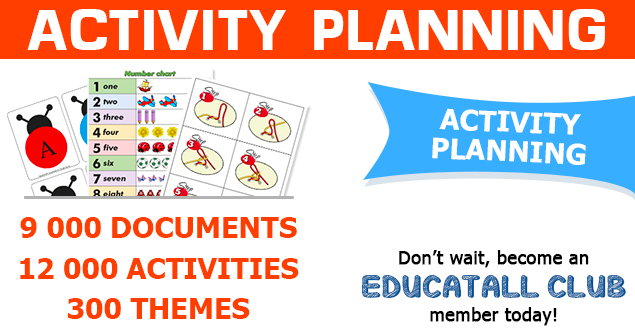
The challenges associated with summer-related change
Summer often rhymes with change: a different routine, an early childhood educator on vacation, the presence of a replacement early childhood educator children are less familiar with... What's more, summer often prompts us to somewhat set aside our usual routine. A more relaxed atmosphere can be beneficial for all. However, children must learn to adapt to change. This usually does not represent a problem for most children, but for others, accepting change can be quite challenging.
A change in their routine can be stressful for children who require a well-defined and rigid routine to feel safe and secure. The absence of their regular routine can lead to disorganization. As we all know, life is packed with changes in our routine and unforeseeable events. How can you help children accept changes in their routine and avoid conflicts? To begin, learn to know the children in your group. Consider each child's personality, reactions, and behaviour. Your observations will help you identify adequate interventions. If there are children in your group who have special needs, such as an autism spectrum disorder, anxiety, or another diagnosis, you must be even more cautious whenever you implement change.
Introduce a single change at a time. Don't change all of children's reference points too quickly. Implement one change and give children the chance to adapt before implementing another one.
Prepare children for change. The use of pictograms to illustrate the sequence of daily events is often necessary when implementing change with special needs children. Use illustrations to display your daily routine and explain each illustration to your group at the beginning of each day. Some children may need you to add a marker to help them follow your daily routine. You can, for example, remove the corresponding illustrations as you complete each element of your routine or use a special pictogram, such as an arrow, to identify where you are in your daily routine.
Be reassuring. Reassure children about upcoming changes and observe their reactions. Help them learn to manage the stress caused by change with breathing exercises, comforting objects, etc.
Warn children ahead of time. Prepare children for an activity change by providing a time marker. For example, tell them you will begin a new activity in 5 minutes, when the timer rings.
Accept children's reaction to stress caused by change. As you know, certain children will have a greater reaction to stress (hyperactivity, irritability, bothersome behaviour, etc.). Watch for these signs and quickly intervene to avoid intense disorganization within your group.
In conclusion, I'd like to mention that by helping children adapt to change you will equip them with tools that will be useful as they grow. Change is simply an unavoidable part of life; teaching them how to cope will prepare them for the future.
Have a wonderful summer!
Maude Dubé, Specialized educator

 Home
Home Theme activities
Theme activities
 Babies and toddlers
Babies and toddlers
 Arts and crafts
Arts and crafts
 Science
Science
 Creative recipes
Creative recipes
 Tips and tricks
Tips and tricks
 Special needs
Special needs
 Extra activities
Extra activities
 Educ-TV
Educ-TV
 Newsletter
Newsletter  Online store
Online store Educatall club
Educatall club

